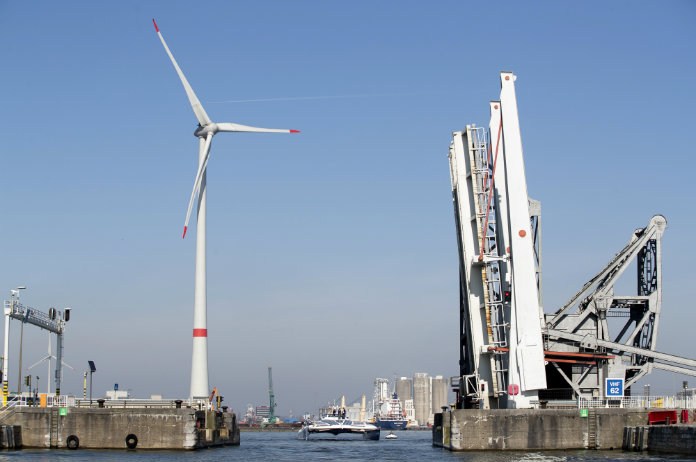Governments must give up all new oil and gas exploration projects if the world is to achieve carbon neutrality by 2050 and have a chance of limiting global warming to 1.5°C, according to the International Energy Agency (IEA).
Alongside stopping investments in fuel supply projects and new coal plants, the IEA also stressed the importance of stopping sales of thermal cars in its new report "Net Zero by 2050: a Roadmap for the Global Energy Sector" published on Tuesday.
“This shows that the priority actions that are needed today to ensure the opportunity of net-zero emissions by 2050 – narrow but still achievable – is not lost. The scale and speed of the efforts demanded by this critical and formidable goal make this perhaps the greatest challenge humankind has ever faced,” said Fatih Birol, the IEA Executive Director.
The more than 400 milestone roadmap, published six months before the physical UN COP26 in Glasgow to inform the high-level negotiations, should serve as a guide for governments to cut emissions and reach the net-zero target by 2050.
Related News
- Belgians will soon be able to co-own offshore windmills
- Aerial photos reveal more than 5,000 illegal solar installations
- Port of Antwerp heads international consortium aiming to make European ports greener
Rather than investing in new oil and gas exploration projects, immediate and massive deployment of all available clean and efficient energy technologies is needed, combined with a major global push to accelerate innovation, according to the IEA.
"This demands that governments quickly increase and reprioritise their spending on research and development – as well as on demonstrating and deploying clean energy technologies – putting them at the core of energy and climate policy," the report stated, emphasising the importance of advanced batteries, electrolysers for hydrogen, and direct air capture and storage.
The IEA also calls on a worldwide push to increase energy efficiency to an average of 4% a year until 2030 – about three times the average over the last two decades.
Green drive
By 2035, sales of new internal combustion engine passenger cars should be halted, which will result in the global electricity sector reaching net-zero emissions by 2040.
The Belgian government on Tuesday reached an agreement to ensure that, from 2026, emission-free company cars will be the norm, announcing more incentives will be launched to install charge points, and the mobility budget will be simplified.
This means that, from 2026, only emission-free company cars will be able to enjoy a tax-friendly regime, whilst the tax deduction for fossil fuel cars will decrease year by year from 2023.
In April, a deal on the European Climate Law was reached, making legal obligations of the goals stipulated by the European Green Deal to create a climate-neutral Europe by 2050 and reduce net greenhouse gas emissions by at least 55% by 2030.

